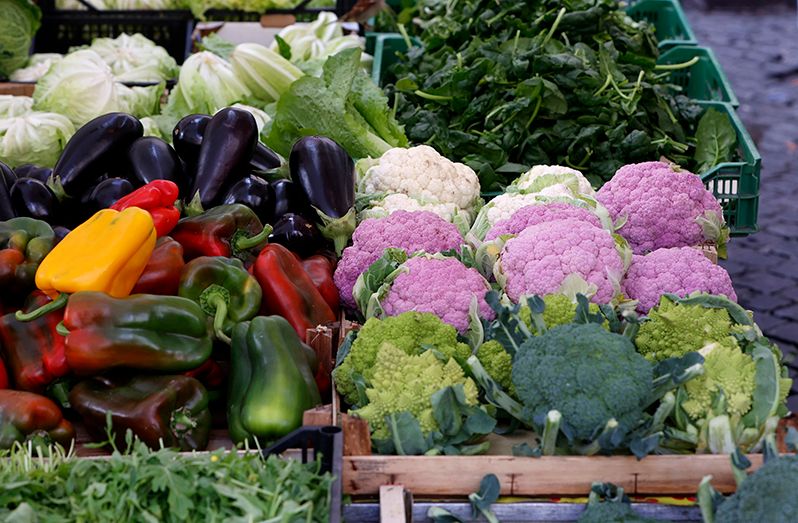–FAO Director-General says at opening of the 28th Session of FAO Committee on Agriculture
(FAO) BOLD, scaled and collaborative actions are needed so that everyone everywhere has access to enough nutritious food every day, QU Dongyu, Director-General of the Food and Agriculture Organization of the United Nations (FAO), on Monday, told members and delegates attending the opening of the 28th Session of the Committee on Agriculture (COAG).
Qu emphasised that food and agriculture are at the very heart of the 2030 Agenda for Sustainable Development.
“Together, we are committed to achieve SDG 2 (Zero Hunger) by 2030. Unfortunately, the world has lost ground, and we are moving backwards in efforts to eliminate hunger and malnutrition and ensure food security for all. Global hunger continues to rise, reflecting growing inequalities across and within countries,” he told the Session.
According to the recently released State of Food Security and Nutrition in the World report (SOFI 2022), as many as 828 million people were affected by hunger last year. This is an increase of 46 million from 2020, and 150 million more than in 2019 before the COVID-19 pandemic. In 2020, over 3 billion people worldwide could not afford a healthy diet.
Qu said that the COVID-19 pandemic, the climate crisis, the war in Ukraine and other conflicts, and humanitarian crises around the world have exacerbated already existing food problems.
“We have seen the fragility of our agri-food systems, and the urgent need to transform them to put them back on the sustainable path,” Qu said.
Qu told Members and delegates at the Session that the discussions they would hold on issues relating to agriculture, livestock, food safety, nutrition, rural development and natural resource management were critical to efforts to move from strategies to action.
THE WAY FORWARD
“We need bold, scaled and collaborative actions to ensure that everyone, everywhere and every day has access to enough nutritious food,” the Director-General added.
“We must work together to tackle the root causes of hunger and malnutrition through transformative changes to the way we produce, distribute and consume food. We need to ensure a more efficient use of available outputs and inputs – we need to produce more with less. And we need to significantly decrease food loss and waste, which could currently feed around 1.26 billion people per year,” Qu said.
The Director-General stressed the need for greater support and increased investment in knowledge, infrastructure and technology for sustainable agriculture to make this shift.
ACHIEVEMENTS TO DATE
Qu mentioned an array of initiatives as proof of the progress made since the previous COAG Session including:
* The FAO Conference last year adopted the Voluntary Code of Conduct on Food Waste and Loss Reduction.
* The FAO Council this year adopted the Strategy on Innovation and Science and the Strategy on Climate Change.
* The COAG Sub-Committee on Livestock held its first meeting in March.
* The successful efforts to control the Desert Locust upsurge by FAO, Members and resource partners.
* Global efforts to control Fall Armyworm have been strengthened further.
* The Food Systems Coordination Hub has been set up and is operational.
* FAO continues to promote the One Health approach and signed an agreement to form a new Quadripartite Collaboration for One Health, with partner UN agencies.
FAO has put in place many of the necessary frameworks to transform agri-food systems, but there is more to be done, Qu said.
COAG 28 AGENDA
The discussions at the 28th Session of COAG will cover a range of key topics related to the COAG mandate, including food safety, livestock, One Health, antimicrobial resistance, the State of the World’s Land and Water Resources for Food and Agriculture (SOLAW), soils, agricultural plastics, climate change, agricultural innovation, the linkages between agriculture and forestry, mainstreaming biodiversity, the UN Decade on Family Farming, the UN Decade on Ecosystem Restoration and the proposal for an International Day of the Potato.
The COAG 28 is taking place as a hybrid event from 18 to 22 July 2022. COAG is FAO’s main technical advisory committee on agriculture. It provides overall policy and regulatory guidance on issues relating to agriculture, livestock, food safety, nutrition, rural development and natural resource management.




.png)









